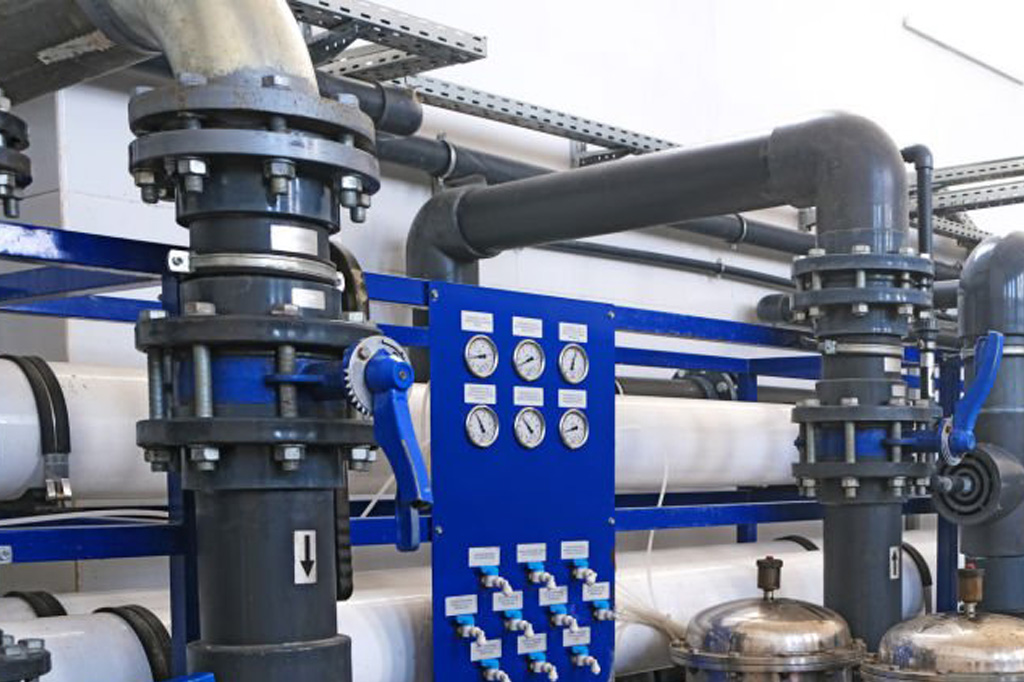Hydraulic instrumentation refers to the application of measurement and control techniques in hydraulic systems, which use pressurized fluids to transmit power. These systems are commonly found in various industrial applications, including manufacturing, construction, and oil and gas.
Instrumentation in hydraulics involves the use of sensors and control devices to monitor and regulate parameters such as fluid pressure, flow rate, temperature, and position of hydraulic components. This ensures the efficient and safe operation of hydraulic machinery.
Key aspects of hydraulic instrumentation include:
Pressure Measurement:
Pressure transducers are used to monitor hydraulic system pressure. They provide critical data for maintaining system integrity.Flow Measurement:
Flow meters help in measuring the rate of fluid movement within hydraulic circuits, allowing for precise control.Temperature Control:
Temperature sensors are essential for preventing overheating of hydraulic fluids, which can lead to system damage.Position Feedback:
Sensors like encoders or potentiometers are employed to monitor the position of hydraulic actuators, ensuring accurate control of machinery.Control Systems:
PLCs (Programmable Logic Controllers) and SCADA (Supervisory Control and Data Acquisition) systems are often used for centralized control and monitoring of hydraulic systems.Safety:
Instrumentation plays a crucial role in safety by enabling alarms and shutdowns in case of abnormal conditions.In summary, hydraulic instrumentation is a vital component of modern hydraulic systems, facilitating precise control, monitoring, and safety in a wide range of industrial applications.


